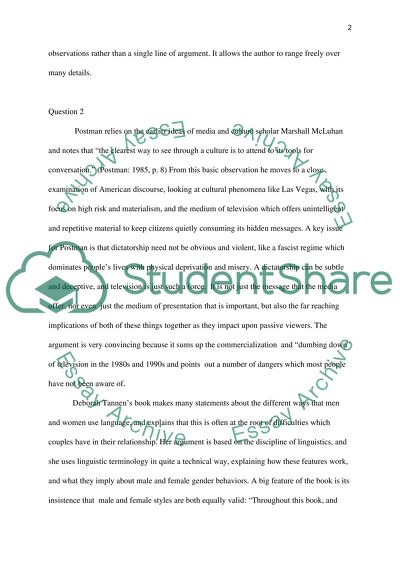Cite this document
(“Amusing Ourselves to Death and You Just Dont Understand Essay”, n.d.)
Retrieved from https://studentshare.org/english/1424650-amusing-ourselves-to-death-and-you-just-dont-understand
Retrieved from https://studentshare.org/english/1424650-amusing-ourselves-to-death-and-you-just-dont-understand
(Amusing Ourselves to Death and You Just Dont Understand Essay)
https://studentshare.org/english/1424650-amusing-ourselves-to-death-and-you-just-dont-understand.
https://studentshare.org/english/1424650-amusing-ourselves-to-death-and-you-just-dont-understand.
“Amusing Ourselves to Death and You Just Dont Understand Essay”, n.d. https://studentshare.org/english/1424650-amusing-ourselves-to-death-and-you-just-dont-understand.


